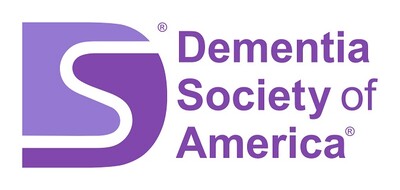DSA Better Brain Nation Magazine Vol 2 Issue 1 - Flipbook - Page 5

TIPS, TRICKS &
CURIOSITIES
How Sleep Benefits The Brain
More and more research is revealing just how important it is
to get adequate and quality sleep for good health, including
when it comes to brain health. Here are four ways that
getting those forty winks is good for your noggin:
Removes Waste Products
Every day, toxins accumulate
in the brain. Sleep literally
helps clear your mind by
flushing out and eliminating
these waste products.
On the flip side, too little
sleep can decrease your
attention span, impair your
concentration, and make
it more difficult to solve
problems.
Boosts Memory
During sleep, your brain
strengthens memories that
were formed during the day,
which makes them easier to
recall later.
Regulates Your Emotions
There’s a reason you feel
irritable after staying up too
late or tossing and turning all
night. Sufficient sleep helps
regulate levels of stress
hormones such as cortisol.
Sleep disturbances have
also been linked to a greater
risk of developing mood
disorders, such as depression
and anxiety.
Improves Cognitive
Performance
A good night’s sleep
enhances your creativity
and mental performance.
Practice Good
Sleep Hygiene
• Trigger your body into sleep
mode by keeping your bedroom
on the cooler side.
• Make your bedroom quiet and
dark. Plug in motion-activated
night lights that shine on the
floor for safety.
• Turn off the TV and avoid
looking at phones or tablets too
close to bedtime. The blue light
from electronic screens tells
your body it’s daytime.
Did You Know?™
Your
Brain…
…IS A FATHEAD
Sixty percent of
the human brain
is made of fat,
making it the
fattiest organ in
the human body.
…IS A LATE
BLOOMER
Brain development
is a protracted
process that
begins about
two weeks after
conception and
continues into
young adulthood
20 years later.
…IS NOT A FAN
OF COLD FOODS
Medically known
as sphenopalatine
ganglioneuralgia,
brain freeze occurs
when cold hits
receptors in the
outer covering
of the brain. The
sudden contraction
and dilation of
arteries triggers
a headache.
Learn more at BetterBrainNation.org
4